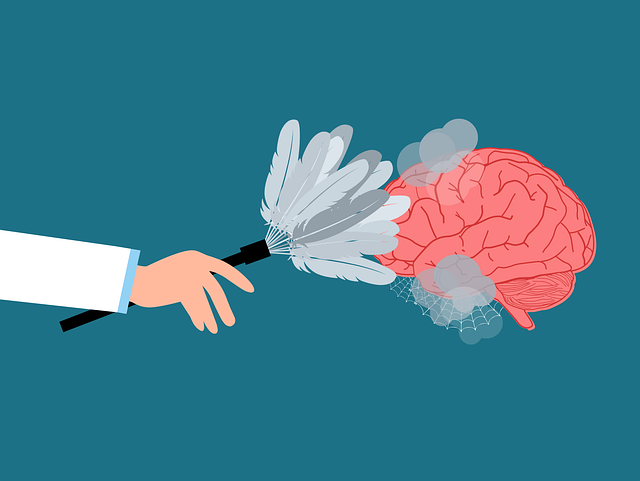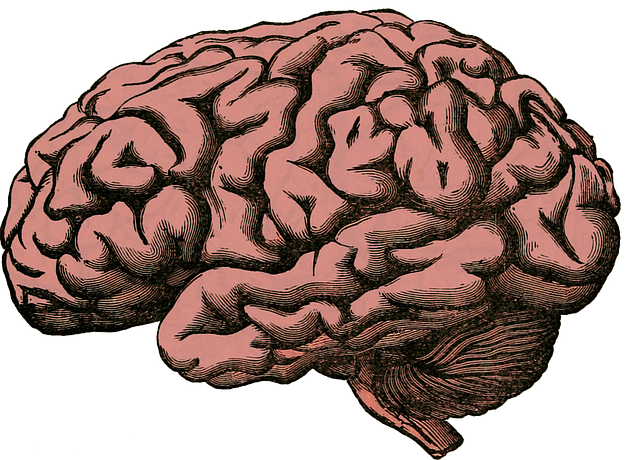Children experiencing parental divorce often require specialized therapy to navigate emotional turmoil. This text highlights various therapeutic approaches designed to help kids cope, heal, and adjust during this challenging life transition. From individual counseling to group therapy and stress management workshops, these strategies aim to build resilience, improve emotional well-being, and develop effective coping mechanisms. By addressing common issues like anxiety and depression, therapy provides a safe space for children to express feelings, gain insights, and acquire skills for managing stress effectively, ultimately fostering long-term mental health and adaptability.
Stress management workshops play a crucial role in helping children post-divorce. This article explores the importance of understanding child stress during this challenging period, offering guidance on designing effective workshops. We delve into practical strategies for implementing and measuring the success of these sessions, ensuring kids develop healthy coping mechanisms. By combining therapeutic techniques with engaging activities, organizations can foster resilience and support the emotional well-being of children affected by divorce.
- Understanding Stress in Children Post Divorce
- Designing Effective Stress Management Workshops
- Implementing and Measuring Workshop Success for Kids
Understanding Stress in Children Post Divorce

Designing Effective Stress Management Workshops

Implementing and Measuring Workshop Success for Kids

Implementing successful stress management workshops for children involves tailored strategies that address their unique needs and experiences. These sessions aim to equip kids with inner strength development tools, helping them navigate life’s challenges, especially those stemming from therapy for children divorce. Facilitators should incorporate engaging activities, storytelling, and interactive exercises that promote emotional awareness and coping mechanisms. By creating a safe and supportive environment, children can openly express their feelings and gain valuable skills to manage stress effectively.
Measuring workshop success is crucial, focusing on observable improvements in participants’ emotional resilience, problem-solving abilities, and overall well-being. Regular feedback from parents and teachers can provide valuable insights into the impact of these sessions. Additionally, tracking long-term outcomes through follow-up assessments or interviews ensures that trauma support services are effectively integrated into the workshop curriculum, fostering sustainable mind over matter principles in young minds.
Stress management workshops designed for children post divorce can be transformative, providing them with essential tools to navigate emotional challenges. By understanding stress and incorporating effective strategies, these workshops foster resilience and well-being in young minds. Through structured activities and supportive environments, kids gain coping mechanisms that enhance their ability to handle stress, promoting a healthier and happier future. This approach offers a promising avenue for therapy, empowering children to overcome the impact of divorce and build a more positive outlook on life.












